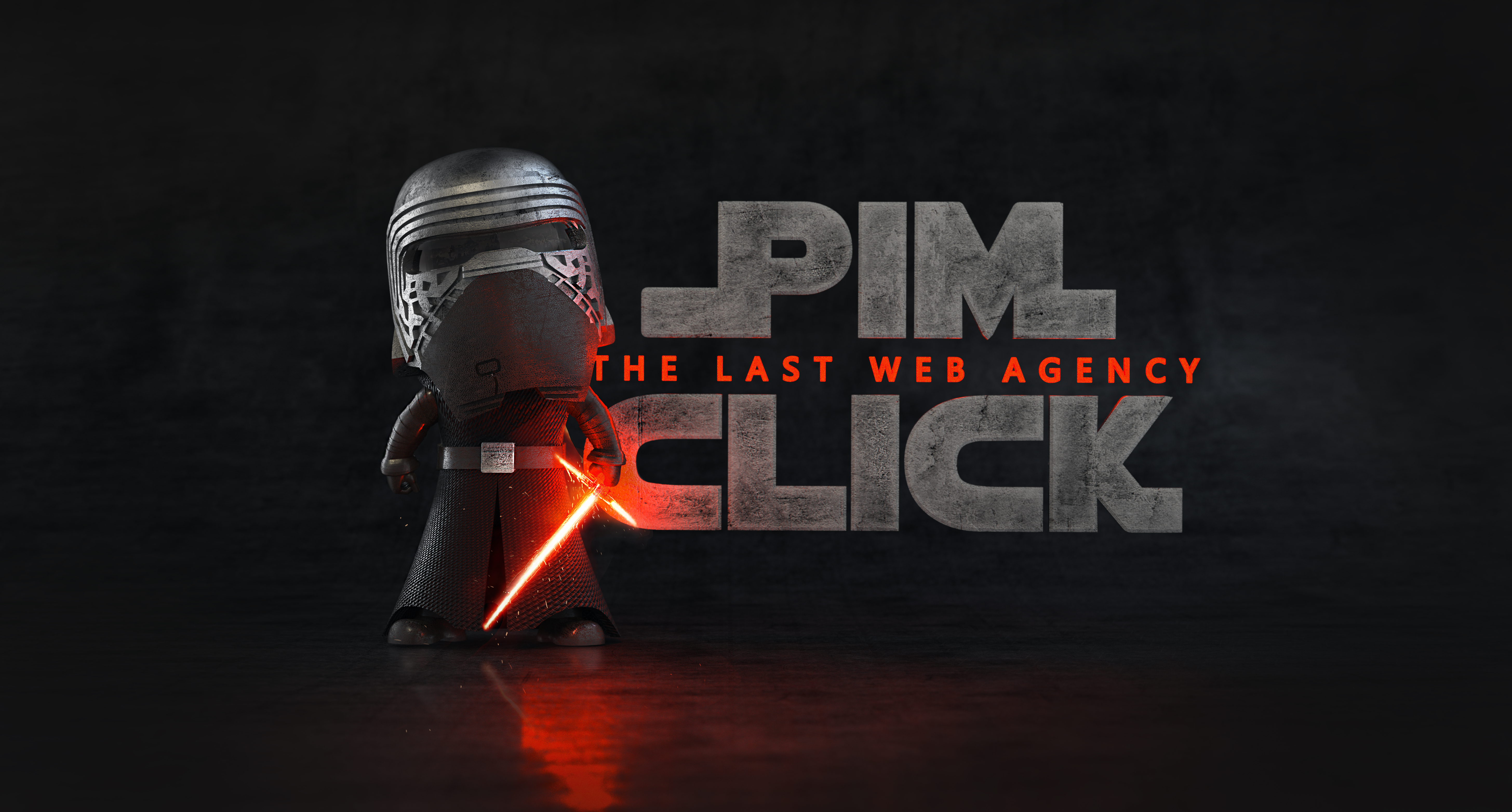
SEO vs. PPC
Welcome to this discussion on Pay-Per-Click (PPC) advertising and search engine optimization (SEO). These are two of the most widely used digital marketing techniques today, and each has distinct advantages and disadvantages. This article will compare SEO and PPC, outline their key distinctions, and assist you in selecting the approach that is best for your company.
What is SEO?
The process of optimizing your website for search engines is known as search engine optimization, or SEO (SERPs). This is accomplished by using targeted keywords, producing high-caliber content, and improving the technical framework of your website. Although SEO is a long-term strategy that can take months or even years to show results, when done properly, it can be very powerful.
What is PPC?
In the pay-per-click (PPC) model of digital advertising, advertisers are charged every time a user clicks one of their ads. These advertisements can appear on other websites that are a part of the advertising network and are frequently displayed at the top or bottom of search engine results pages (SERPs). PPC is a short-term strategy that can yield quick results, but it can be costly if improperly managed.
SEO vs. PPC: Which is Better?
Now that we’ve defined SEO and PPC, let’s take a closer look at how they compare.
Cost
One of the biggest differences between SEO and PPC is cost. SEO is typically much cheaper than PPC, especially in the long-term. With SEO, you don’t have to pay for each click, so your costs are primarily focused on content creation, keyword research, and technical optimization. PPC, on the other hand, can be very expensive, especially for competitive keywords. You have to pay for every click, and the cost per click (CPC) can vary depending on the competitiveness of the keyword and the quality score of your ad.
Timeframe
Another key difference between SEO and PPC is the timeframe for results. SEO is a long-term strategy that can take months or even years to produce results. It requires a lot of time and effort to create high-quality content, optimize your website’s technical structure, and build high-quality backlinks. PPC, on the other hand, can produce immediate results. You can create a campaign, set a budget, and start driving traffic to your website within minutes.
Control
Finally, there’s the issue of control. With SEO, you have less control over your search engine rankings. There are a lot of factors that go into how search engines rank websites, and you can’t control all of them. You can optimize your website and create high-quality content, but ultimately, it’s up to the search engine algorithms to decide where you rank. With PPC, you have more control over your ad placement and the keywords you target. You can set a budget, choose your target audience, and adjust your bids to get the results you want.
In conclusion, both SEO and PPC have particular advantages and disadvantages of their own. SEO is a long-term tactic that has the potential to be economical and yield excellent outcomes over time. PPC, on the other hand, has the potential to yield quick results but, if improperly managed, can be expensive. The decision between SEO and PPC ultimately comes down to your company’s objectives, available funds, and desired turnaround time. SEO may be the best choice if you’re looking for a long-term strategy with a lower cost. PPC might be the best option if you require immediate results and have a larger budget. In either case, it’s crucial to have a comprehensive digital marketing plan that incorporates both SEO and PPC.





Sorry, the comment form is closed at this time.